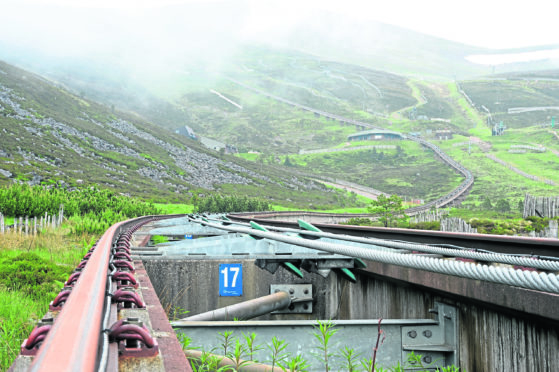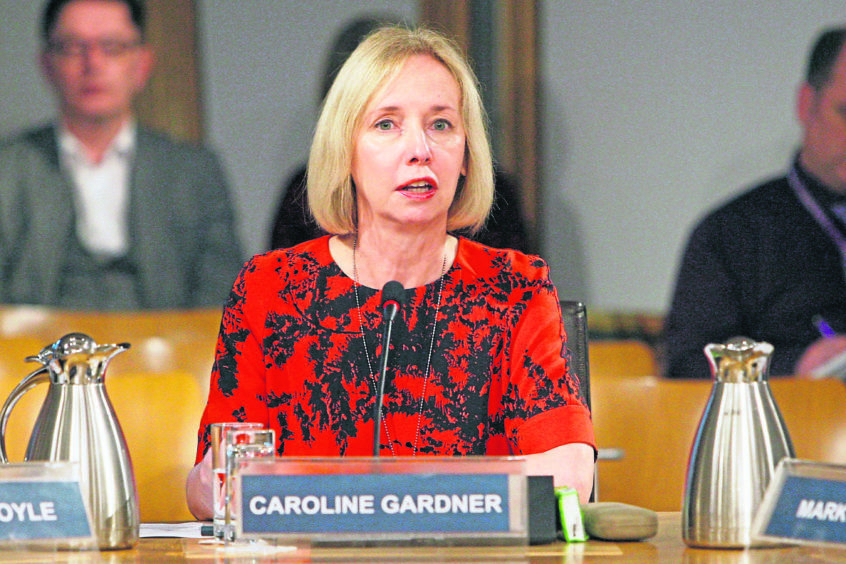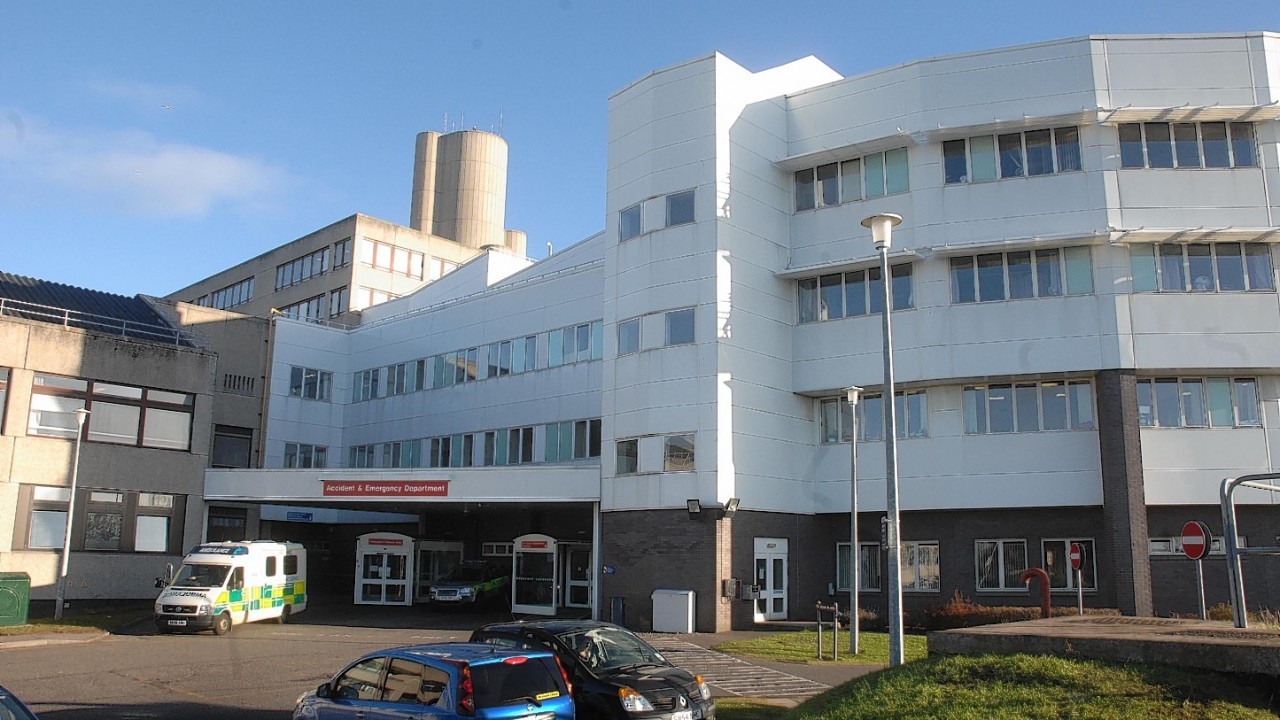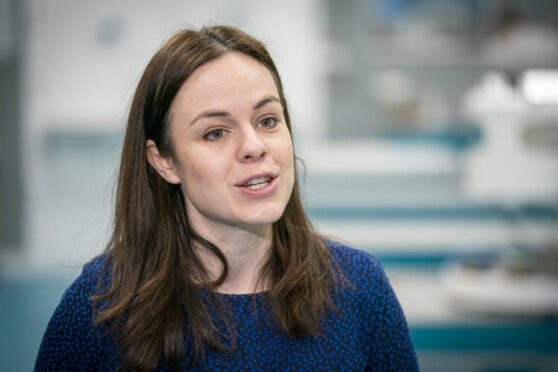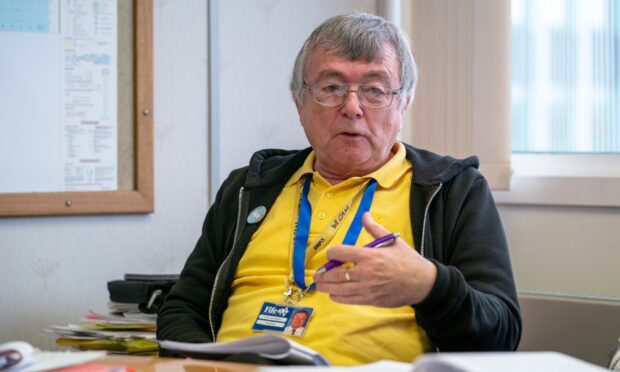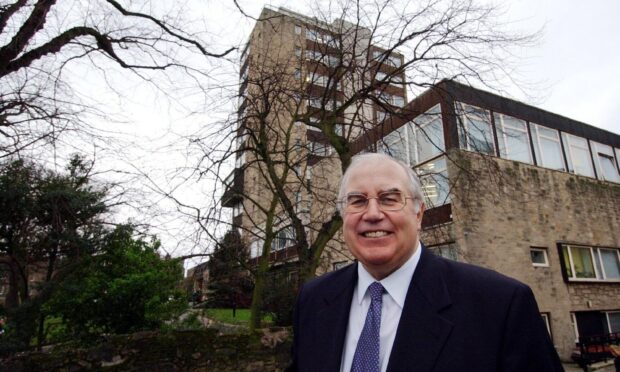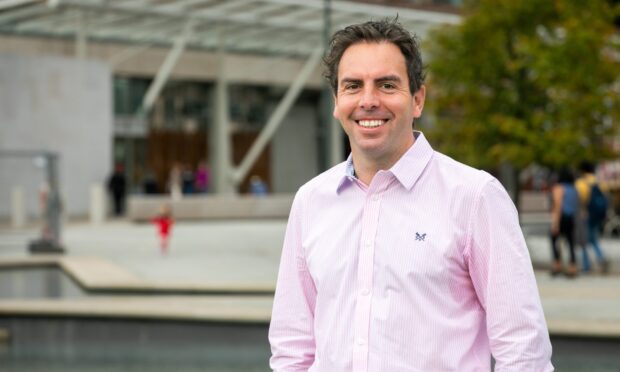Watchdogs conducted a record number of investigations last year because of “increasing strains” on Scottish public bodies.
NHS Tayside, NHS Highland, Highlands and Islands Enterprise (HIE) and Bord na Gaidhlig were among the organisations to be the subject of a section 22 report by the auditor general for Scotland, or a section 102 probe by the controller of audit.
A total of 14 of the reports was published in 2019/20, the highest ever, following a previous record of 11, which was set the year before, in 2018/19.
Caroline Gardner, auditor general for Scotland, said that the investigations were generally carried out into “things that have gone wrong”, and the rise reflected the “pressures” being put on public bodies during the ongoing spending squeeze.
Problems with IT services had been a “common theme”, as well as issues with procurement and colleges, she told MSPs on the Scottish Commission for Public Audit on Monday.
NHS Tayside had been the focus of five reports into financial and governance issues in the last five years, while there have been three probes relating to NHS Highland.
A further study was produced last year into HIE’s running of the Cairngorm Mountain ski resort and funicular railway, while a range of issues relating to transparency and culture were highlighted at Bord na Gaidhlig.
The Scottish Prison Service, the Scottish Police Authority, Social Security Scotland and the delayed Royal Hospital for Children and Young People, in Edinburgh, have also been the subject of recent section 22 reports.
Ms Gardner said: “We think that the increasing number, which has gone up in 2018/19 as well as 2019/20, does reflect the pressures on audited bodies.
“They are a significant part of our work, which we have to actively manage year on year, and we have flagged the increasing number because I think it is a trend that we are watching very closely at the moment.”
Asked about specific issues, Ms Gardner said that problems with IT services had created a lot of work, but not more than that created by NHS Tayside.
“IT services has been a common theme in my areas of responsibility, as you see on the public audit committee,” she said.
“They do require extra resource – I wouldn’t say necessarily more, again, compared to, for example, the work we’ve done on NHS Tayside over the last few years.
“Both of those do require senior staff and expert staff. They are experts in different ways, but I don’t think it is necessarily more for IT systems than it would be for the sorts of complex governance problems we’ve seen at NHS Tayside.”
NHS Tayside was put into “special measures” by the Scottish Government in 2018, with both its chairman and chief executive replaced amid concerns about its financial position and governance.
